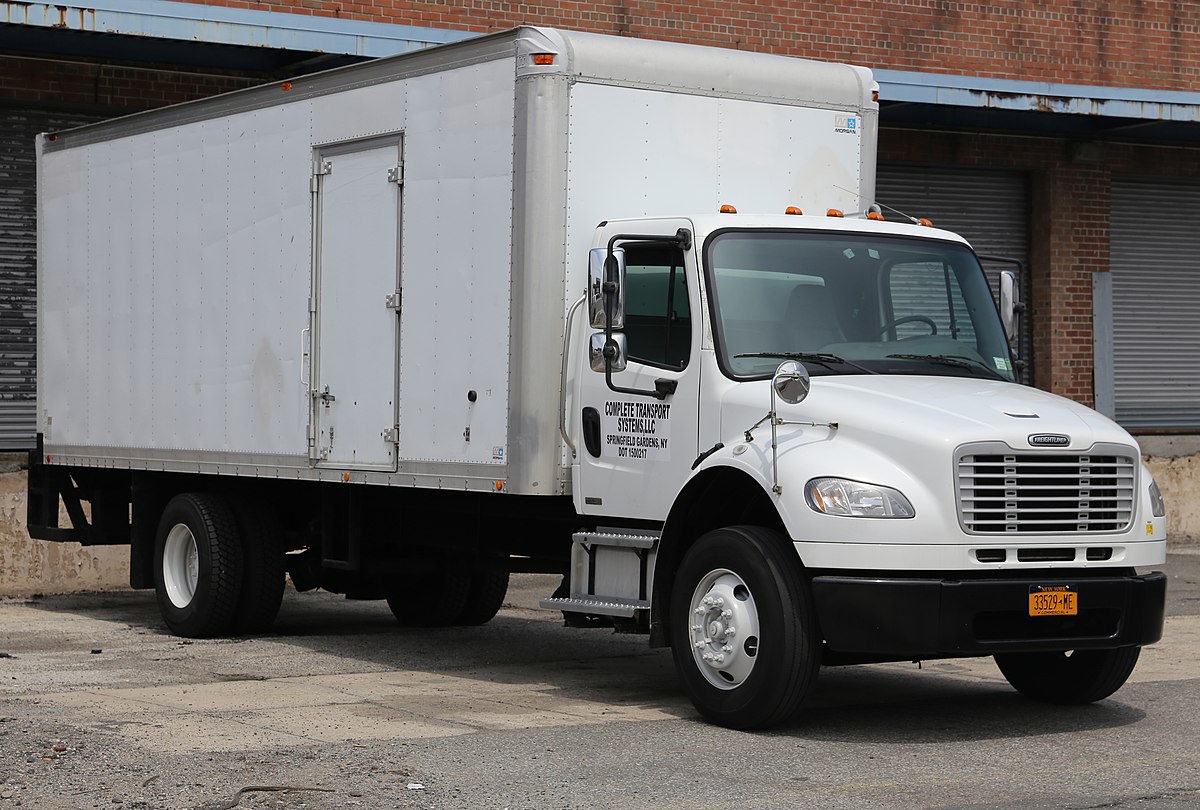Due to their size, box trucks are highly sought after by small and internet businesses to assist them in managing and delivering big goods that consumers cannot carry without the proper tools. The most popular commercial vehicle types for moving freight are really box trucks. For carrying freight, box trucks are frequently used by retailers, expeditors, couriers, furniture restorers, hardware stores, and appliance stores.
Due to cheaper start-up expenses compared to long-haul trucking, it may frequently be a viable choice for local non-CDL drivers. Even box truck types vary widely, including ice box, reefer, sleeper, cargo cutaway, tilt cab, moving truck, and more.
However, depending on whether you own your own box truck and transport your own products or you are a for-hire carrier, there are a few different coverage alternatives you will need to take into account for short-haul box truck commercial insurance.
Do Businesses That Use Box Trucks Require An Mc Authority?
As a short-haul trucking carrier, you spend most of your time inside a 150-air-mile radius and return to the same place at the end of the day. These businesses typically operate locally, and it is a desirable approach to recruit new drivers who wish to arrive home every night.
However, when it comes to authority, the cargo is what matters, not how far or close the distance is. When the cargo within the containers has been travelling interstate, Interstate authorization is necessary. Only freight that originates and is transported within the state is covered by intrastate authority.
For instance, interstate authority is necessary for intermodal transportation since the cargo being transported in the container might have come from any location that is reachable by rail, necessitating the acquisition of that interstate authority. Short-haul travel may not usually imply intrastate travel. On occasion, a shipment travelling 400 miles in total may pass through four states.
We advise obtaining interstate permission and a commercial driver’s license to ensure that your company may transport the broadest range of merchandise. The FMCSA, however, mandates that you have auto liability coverage with a minimum limit of $750,000 in order to be granted MC authorization (also known as bodily injury and physical damage). Law also mandates truck cargo insurance. However, the level of protection depends on the cargo your vehicles are transporting.
For box truck liability insurance, a company that has a single box truck and has been in operation for at least three years without a recorded accident should anticipate paying between $3000 and $5000 annually. With no prior safety history, a new box truck start-up should anticipate paying a little bit more.
Insurance Coverage Options For Box Truck Drivers
Reefer Breakdown
Reefer breakdown offers you insurance in the event that the temperature control system in your refrigerated trailer malfunctions mechanically. You won’t have to worry about cargo loss insurance thanks to this coverage.
Liability
You always face the danger of being in an accident whether you work as a long- or short-haul trucker. That’s why liability insurance is a requirement in every state. Your transportation liability insurance will pay for property damage, physical injury, and related medical costs. Whether or not you are found to be at blame, your liability insurance will pay the expense of your defense if legal action is brought against you as a result of the accident.
Medical Payments
Medical Payments offers medical payments to long-haul truckers to assist in paying hospital expenses arising from an accident, regardless of who was at fault.
Personal Harm
Commercial truck insurance does not need to cover physical damage, but we still advise it. Depending on the vehicle you drive, coverage might cost between $1,000 and $200,000.
You require this kind of insurance to pay for damage to your tractor or trailer resulting from an accident or another covered loss. Both collision damage brought on by an accident and comprehensive damage brought on by vandalism, theft, or bad weather is covered.
Insurance For Uninsured Or Underinsured Motorists
This coverage will pay for your injuries if your truck or trailer is damaged or if you are hurt in an accident that was caused by someone who did not have enough auto insurance.
Truck Ground
Frequently, the cargo you transport is your company’s most valuable asset. The contents of the trailer, temperature-control equipment, and other devices or accessories that keep cargo safe are covered by truck cargo insurance. The sort of goods being transported and the shipper’s needs are taken into account while evaluating the coverage.

